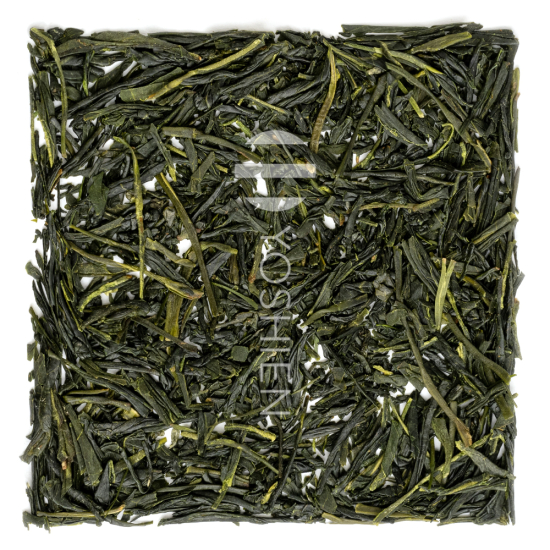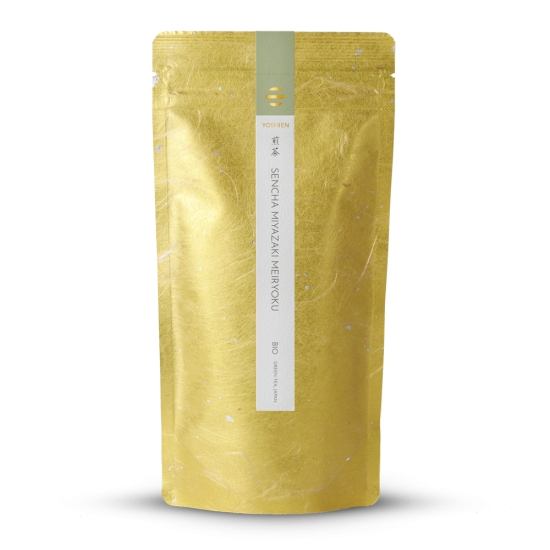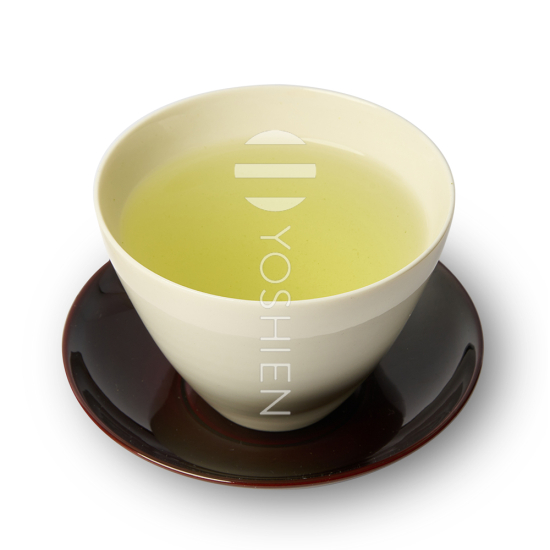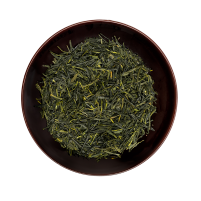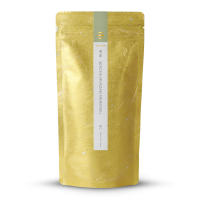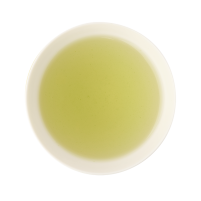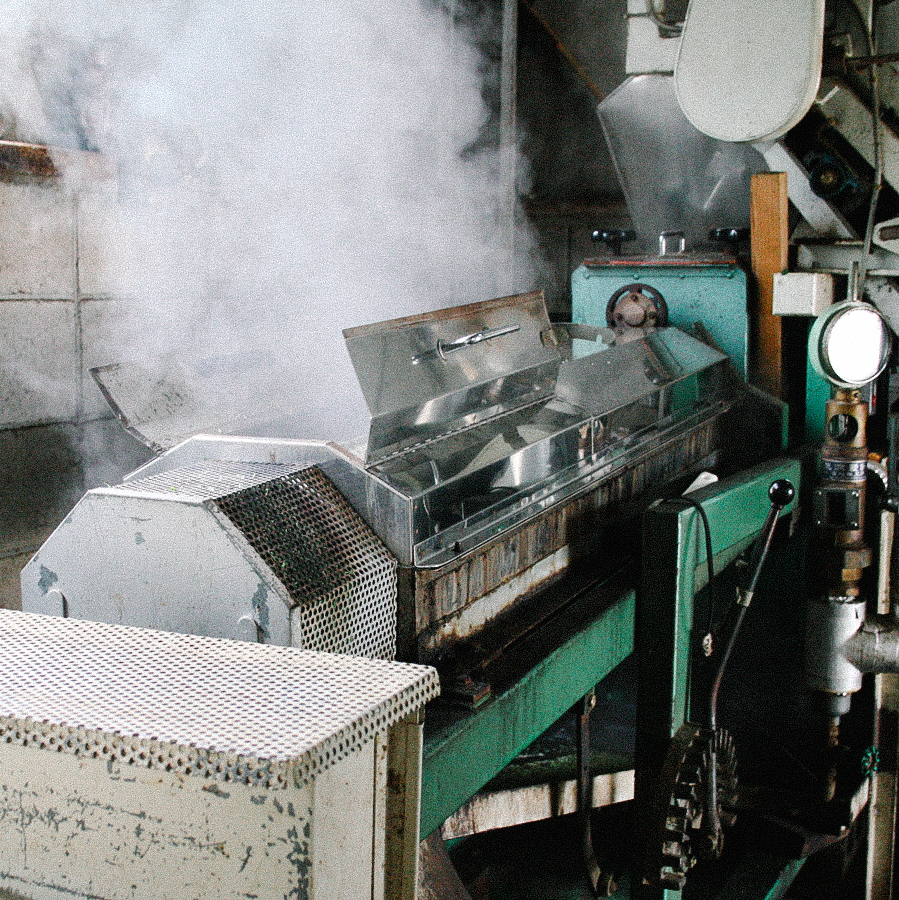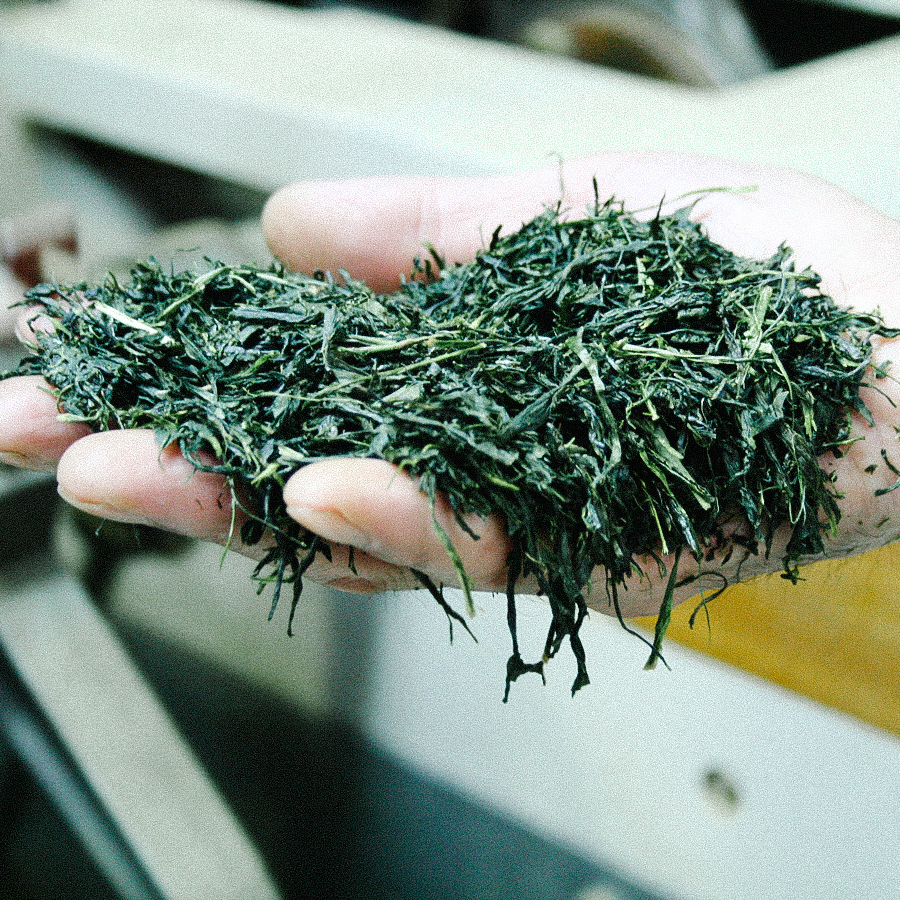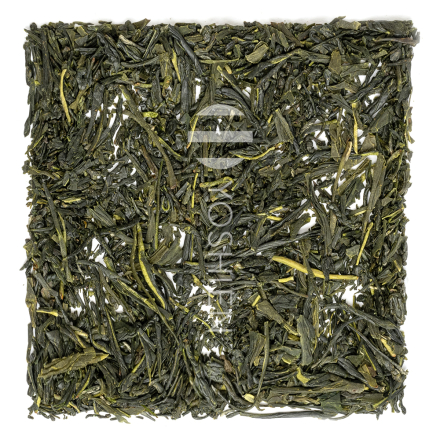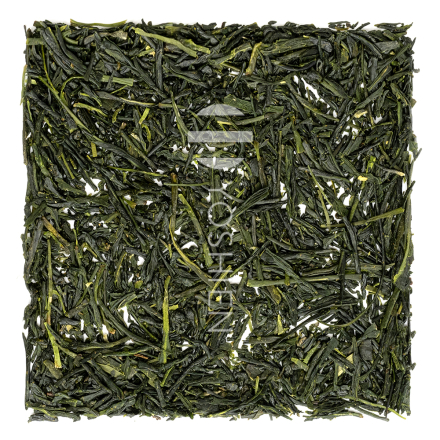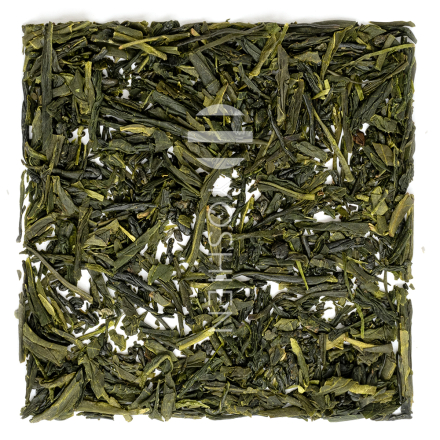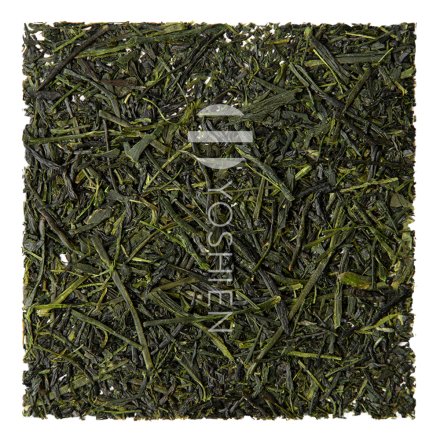Special features in location, cultivation and processing
The Miyazaki Prefecture is blessed with abundant natural beauty, featuring lush green mountains and a beautiful coastline. With the second-highest number of sunny days and an average annual temperature of approximately 17.4°C – making it the third warmest region in Japan – Miyazaki provides ideal conditions for productive, high-quality tea cultivation. Beyond its natural features, Miyazaki also holds deep cultural and mythological significance. According to Shintō beliefs, the most revered deity, the sun goddess Amaterasu, is said to have once hidden in the Amano Iwato cave. This event is still honoured today with festivals held in the Shintō shrines of Miyazaki.
Biological insect repellent
In order to control infestations, the tea farm developed an innovative method. They discovered that the insects relied on the amino acids in tea plants for their growth and metabolism. With this knowledge, they adjusted soil fertilisation to align with the insects' developmental stages. During certain periods, they intentionally reduced the soil's amino acid content, which prevented larvae from hatching and caused the insects to lose interest in the tea plants due to the lack of nutrients. Only after the insect growth phase had ended did the tea farm start to fertilise the plants biologically again, leading to remarkable success in combating infestations.
Organic Certification





